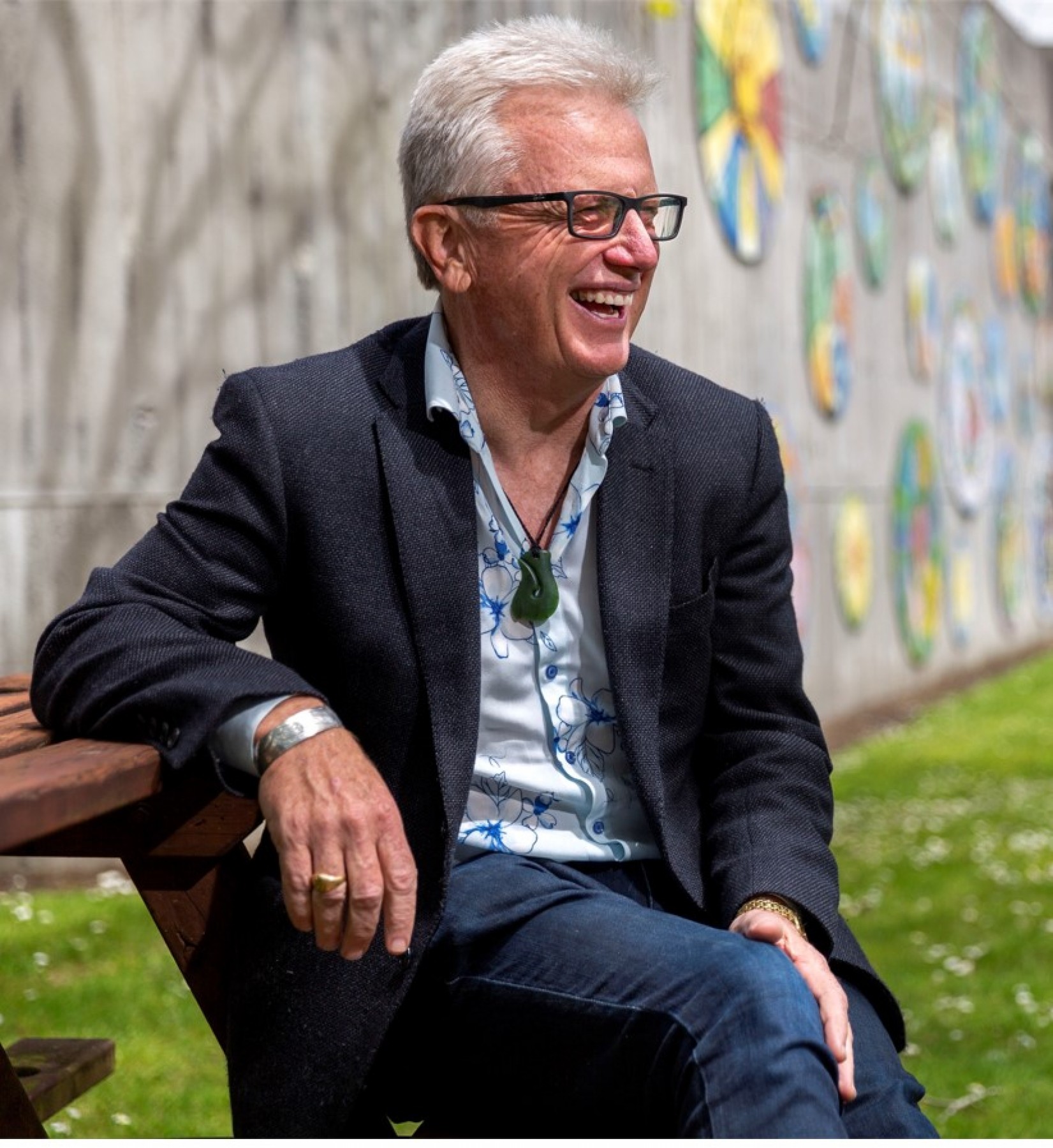When I first read Pedagogy of the oppressed over 40 years ago, I was in my last year at university. I sat in an old bathtub one wet afternoon in my Bond Street, Grey Lynn flat and read it in about 3 hours. Those 3 hours changed my life.
I fell in love with Freire’s words. I didn’t just relate to them, they didn’t just resonate, they pierced right into my being. Reading Freire was a gateway to reading Peter Mclaren, Henry Giroux, Howard Zinn, bell hooks and other critical scholars who were equally as touched and mesmerised by this Brazilian writer, who seemed somehow to be poet, philosopher, radical activist and theorist all at the same time (and sometimes even in the same sentence). I went on to read his other books, Pedagogy of hope and Pedagogy of love, and to this day when I feel lost in my professional life, it is these books that I draw strength, wisdom and clarity from.
Freire says to change the world we must first be able to name it, to be conscious of the oppressions that are in the everyday and everyplace. Once we have been conscientized, we can never go back to who we were before that moment of discovery about the world. It was a short leap for me then to Augusto Boal, who designed theatre as an arsenal to attack the oppressor.
During my PhD undertaken when I was at the Mental Health Foundation as part of the Like Minds Campaign, it was the philosophy of Paulo Freire and the theatre tools of Boal that led me to create arts-based workshops for mental health professionals to counter stigma associated with mental illness. Even now as I work with the Sir John Kirwan Foundation on a primary school mental health programme, I am constantly reminded of Freire’s idea that the role of education is to make us more fully human.
This critical pedagogy approach drives the idea that schools can be places of genuine discovery, of mutual vulnerability, and where feelings are as valid as thoughts. Humanising schools is a vital response to the mental health crisis facing Aotearoa.
So treat yourself, fill the bathtub, make some tea and snacks, and jump into Freire.
About Peter
Peter O’Connor is Professor of Education and Director of the Centre for Arts and Social Transformation at the University of Auckland. https://www.youtube.com/watch?v=TbbzdhLeXNg
Book Details
Freire, Paulo. (1970). Pedagogy of the oppressed. Herder and Herder. New York. ISBN 10. 0070732183
Freire, Paulo. (2017). Pedagogy of the opposed. Penguin Modern Classics. ISBN: 9780241301111

